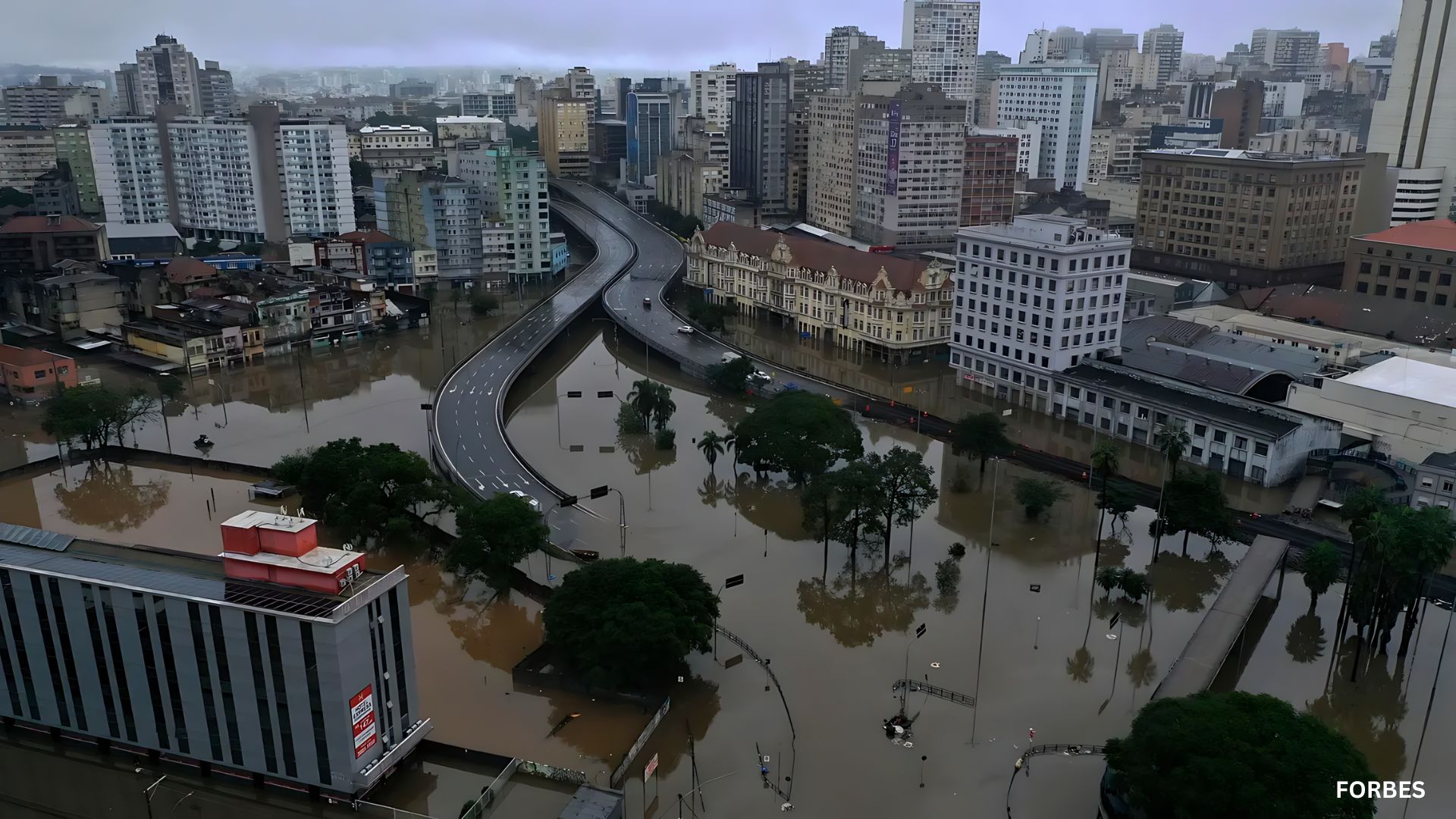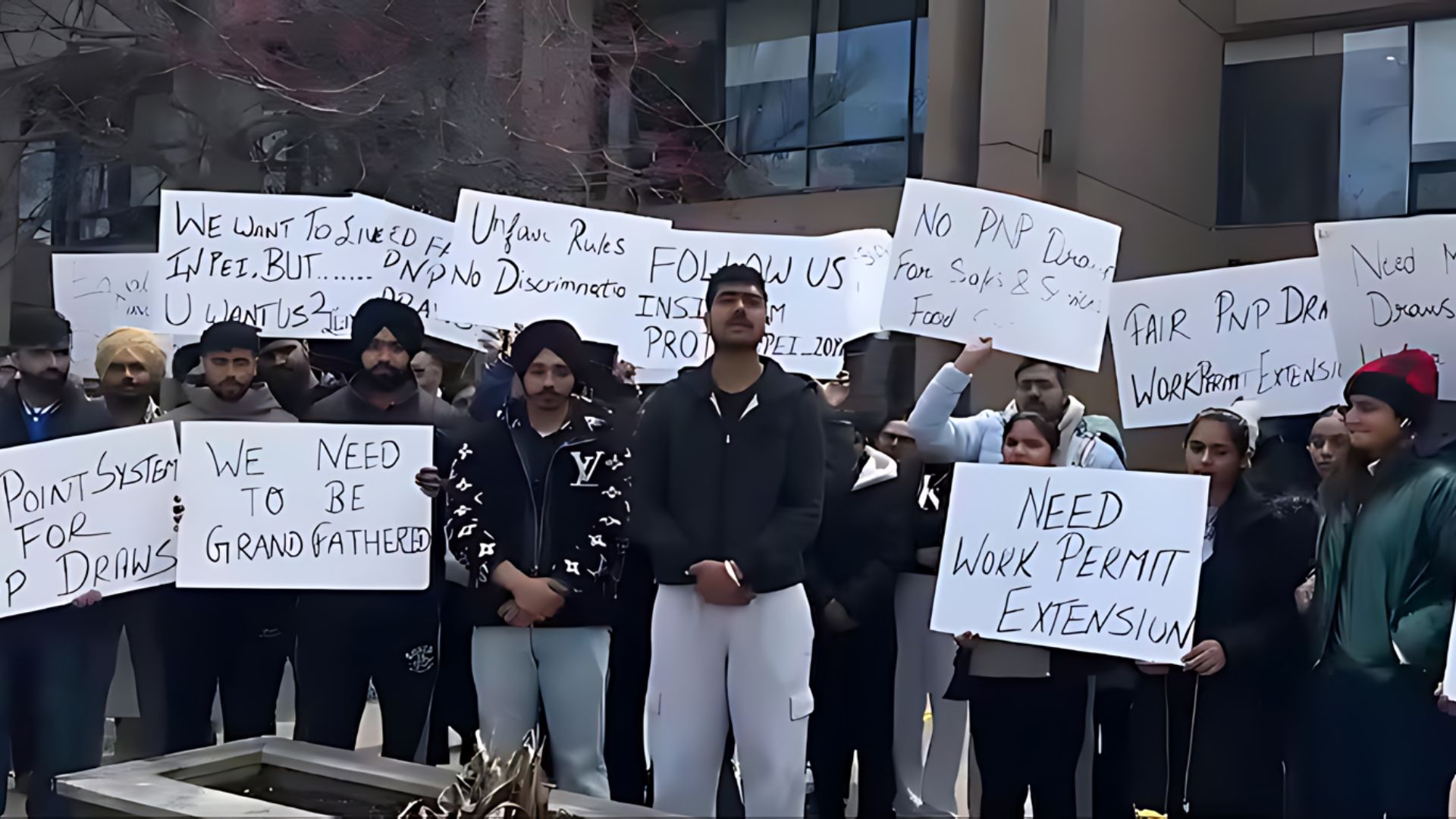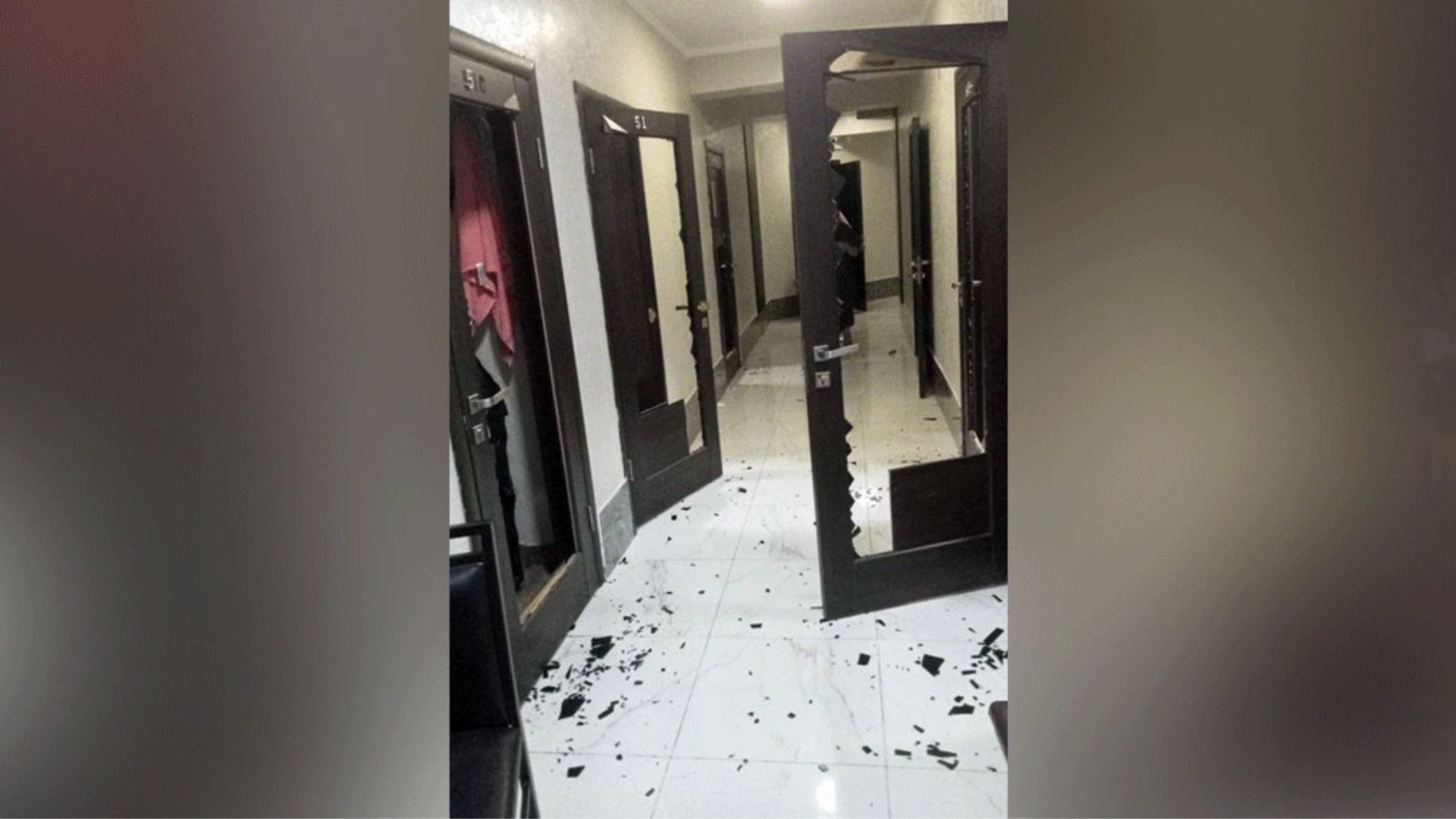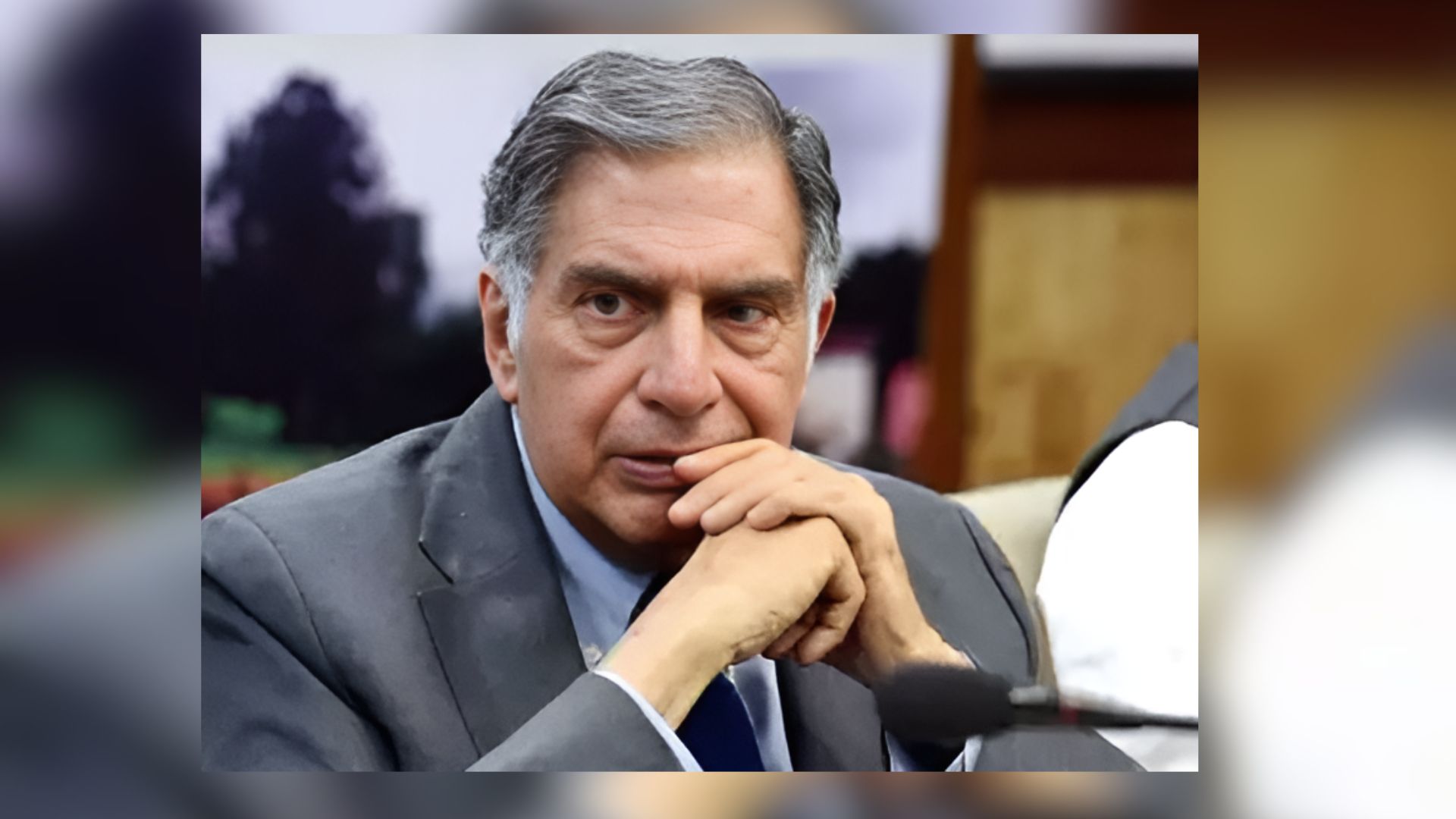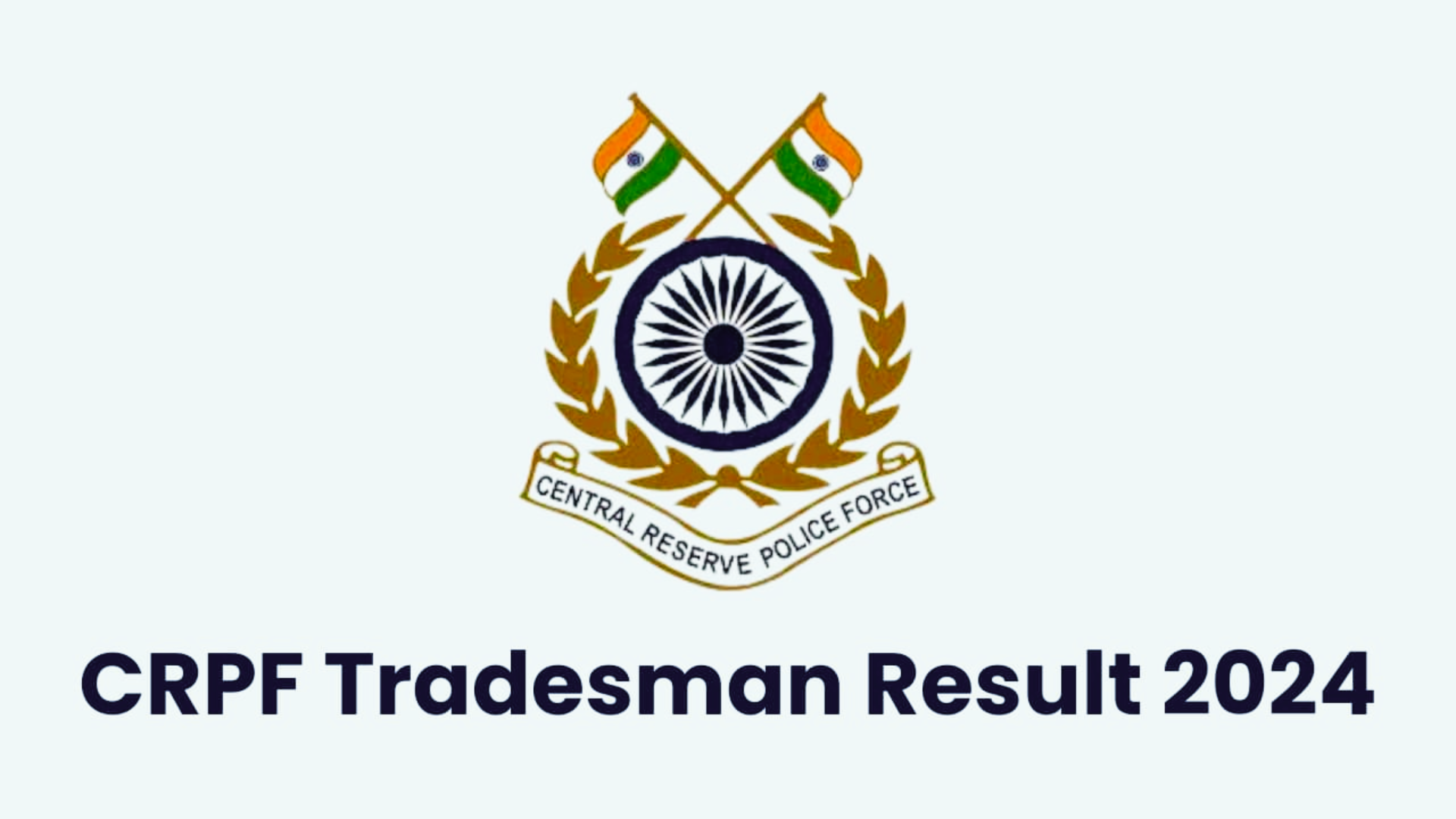









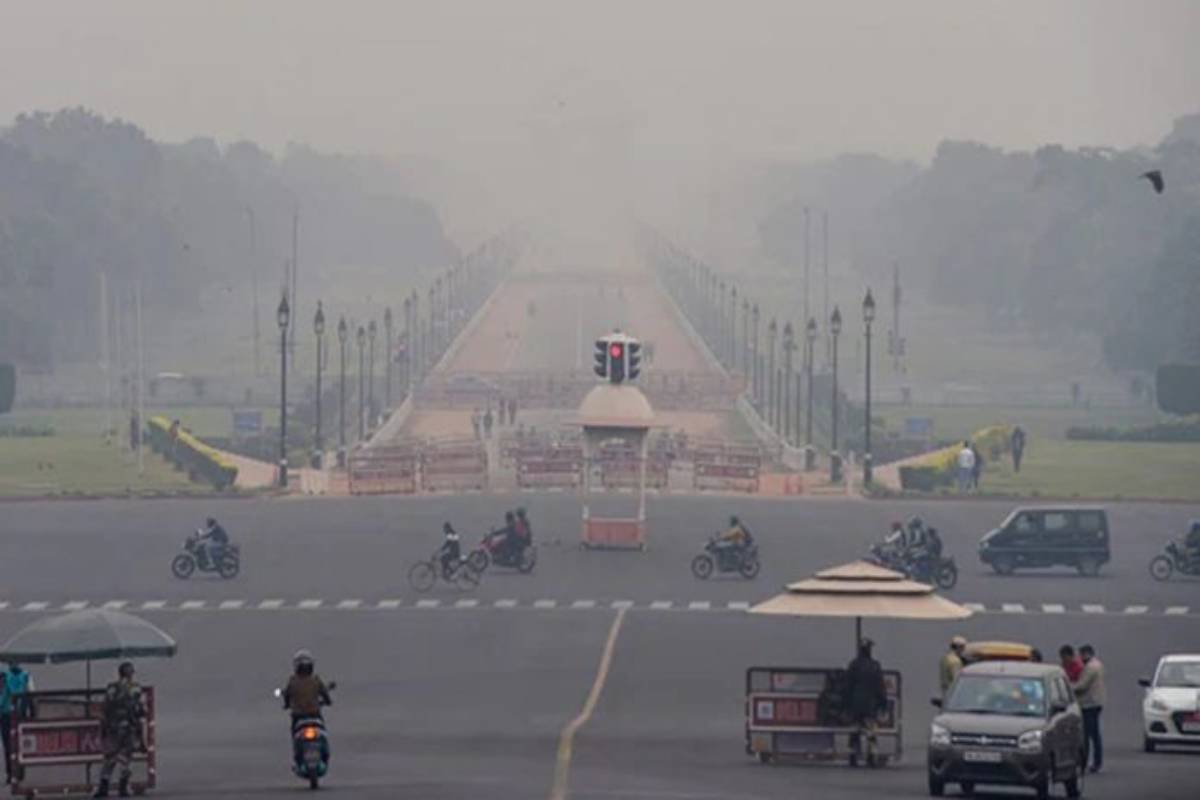
As the sun rose over Delhi, it revealed a city shrouded in smog, with the Air Quality Index (AQI) persisting in the ‘Very Poor’ category, according to the Central Pollution Control Board (CPCB). Visuals captured around Akshardham at 6:55 am depicted the national capital engulfed in a blanket of haze, signaling a deepening air quality crisis.
On Friday morning, the CPCB recorded an alarming overall AQI of 374 at Anand Vihar, categorizing the air quality as ‘Very Poor.’ This comes on the heels of Thursday’s ‘Poor’ rating, with an AQI of 276, as reported by SAFAR-India (System of Air Quality and Weather Forecasting and Research).
The India Meteorological Department (IMD) dashed hopes of relief, predicting no rainfall in the National Capital until December 11. Clear skies and shallow to moderate fog are anticipated in the mornings, further exacerbating the persistent air quality challenges that have plagued Delhi for weeks.
Congress MP Jairam Ramesh, during the ongoing Winter Session in Parliament, criticized Union Minister Bhupender Yadav for what he deemed a “gol mol” (ambiguous) response to questions regarding public health and air pollution. The exchange took place during Question Hour on ‘air pollution in NCR and the country’ in the Rajya Sabha.
Ramesh’s pointed inquiry centered around the Centre’s consideration of a review of the Pollution Control Act enacted in 1981 and the National Ambient Air Quality Standards. Minister Yadav defended the government’s actions, stating, “In view of the problem of air pollution in the country, a provision of Rs 19,711 crore was made by the Central government.”
Yadav elaborated on the identification of 131 cities, the implementation of schemes to address toxic emissions, particularly PM 2.5 and PM 10, and the satisfactory progress in meeting set standards. He also highlighted the positive contribution of municipalities, emphasizing that those excelling in combating air pollution were duly recognized and rewarded.
The ongoing political dispute reflects the gravity of the air quality crisis that has persisted in Delhi, ranging from ‘severe’ to ‘very poor’ over recent weeks. The Air Quality Index, ranging from 0 to 500 or above, serves as a stark indicator of the urgent need for comprehensive measures to address the environmental and health challenges faced by the residents of the national capital. The immediate focus remains on collaborative efforts to mitigate the immediate impact and implement sustainable solutions for the future.



